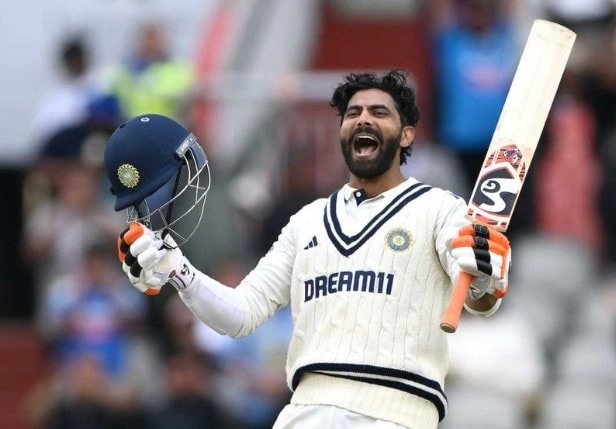Ravindra Jadeja, the talented all-rounder for the Indian cricket team, recently expressed his surprise regarding the Board of Control for Cricket in India (BCCI) decision to appoint a new Test vice-captain. In a candid statement, Jadeja revealed that he was completely unaware of the board’s choice until it was officially announced. This revelation sheds light on the often opaque communication within cricketing administrations and how players are sometimes left out of the loop regarding significant decisions that directly affect the team’s dynamics.
The vice-captaincy role is not just a title; it carries substantial responsibilities, especially in the Test format, where leadership on the field is crucial. Jadeja’s unexpected ignorance of the decision to appoint a vice-captain raises questions about the decision-making process within the BCCI and how players are informed about changes in leadership. It is evident that players, particularly those who are senior and experienced, should be considered in discussions that pertain to team leadership roles. Jadeja’s comments highlight a gap that could affect team morale and unity, especially when players feel sidelined in crucial matters.
Moreover, Jadeja’s reaction underscores the importance of communication and transparency in sports management. In a high-pressure environment like international cricket, where every decision can influence performance, clarity regarding leadership roles is essential. Players need to feel included and valued, as their insights and experiences can contribute to better decision-making. As Jadeja continues to excel in his role, it remains to be seen how the BCCI addresses these communication gaps in the future, ensuring that all players are informed and involved in key discussions.
In conclusion, Ravindra Jadeja’s surprise at the BCCI’s decision regarding the Test vice-captaincy highlights a significant issue within cricket administration—effective communication. The lack of awareness regarding such a pivotal choice can lead to feelings of exclusion among players, potentially impacting team cohesion and performance. As the cricketing landscape evolves, it becomes increasingly important for governing bodies to foster an environment of transparency and inclusiveness, ensuring that all players feel respected and engaged in the team’s strategic direction.




